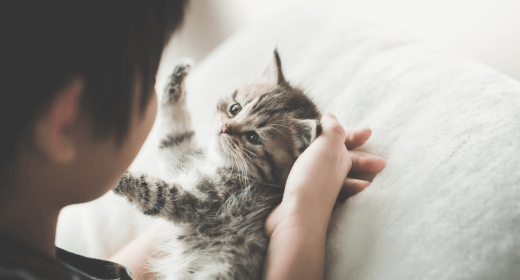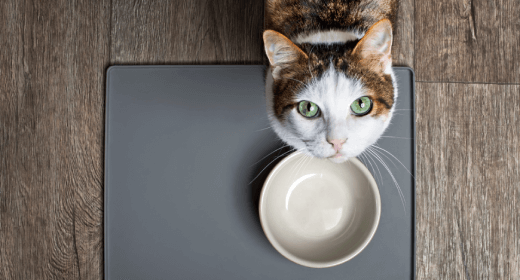

As a kitten parent, you want the best for your feline friend. One of the most important aspects of pet care is providing your kitty with a healthy environment that supports overall development. In fact, kitten enriched environment stimulates a happy and healthy life. It refers to providing cats with activities, toys, and other items that stimulate them mentally and physically. Enrichment can also help prevent behavioral problems such as scratching, biting, and destructive habits.
Environmental enrichment: Providing different environments for cats to explore and interact with can also be enriching. For example, you can create a cosy space for your kitten to relax or provide them with a scratching post and other items that they can use to mark their territory. You can also provide hiding spots like a box or a tunnel for your kitten to explore. This not only provides them with a sense of security but also gives them something new to explore.
Sensory enrichment: Cats have a keen sense of smell, sight, and touch. Provide your kitten with toys and items they can smell, see, or touch. For example, you can use toys with different textures or provide your kitten with a catnip plant to interact with. You can also offer different types of food for your kitten, so it can explore different flavours and textures.
Social enrichment: Cats are social animals and thrive when they have companionship. If you only have one kitten, you can ensure companionship using a stuffed animal or a mirror. This will provide your kitty with the social stimulation it needs. If you have more than one cat, you can provide them with a kitten-friendly environment where they can interact with each other. This can include providing them with a shared space and interactive toys.
In addition to the above types of enrichment, you can also provide your kitten with various kitten enrichment activities to keep them engaged and stimulated. Some examples include:
Puzzle feeders: These interactive feeders require your kitten to figure out how to get the food out. They provide mental stimulation as well as physical exercise.
Window seats: Cats love to watch the world go by because it helps them explore something new and stay entertained every day.
Providing your cats with a kitten enriched environment is essential. It not only keeps them healthy and happy, but it also prevents behavioural problems. With your kitten training environment and other feline enrichment ideas, you can ensure that your cat is always engaged and happy. As a cat parent, it is important to take the necessary time to understand your kitten's needs and provide them with an environment that will help them thrive.
Environmental enrichment for cats is the provision of stimuli in their living environment that promotes overall wellbeing. This can include things such as climbing structures, scratching posts, interactive toys, and hiding spots. It also includes providing opportunities for cats to engage in natural behaviours such as hunting and exploring.
To get your kitten used to a new environment, gradually introduce them to the space and provide plenty of positive reinforcement, such as treats and praises. Give them a designated safe space like a cosy bed or carrier and allow them to explore at their own pace. Consult with a veterinarian for additional tips and guidance.
It typically takes a kitten around 2-4 weeks to fully adjust to a new environment. During this time, it is important to provide a safe and comfortable space for the kitten to explore and establish a routine. Consistency and patience are key in helping a kitten feel at home.
Kittens require a significant amount of attention and care as they are still growing and developing. They need regular feeding, grooming, playing, socializing, and training. It is recommended to spend at least a few hours each day interacting with and caring for your kitten. Consult with a veterinarian for specific recommendations based on your kitten's age and individual needs.


Deciding when and how you should change your cat's diet takes some planning. Because cats are creatures of habit, it is not uncommon for them to prefer their current cat food to a new food. They, like humans, become accustomed to something, such as a particular food, and may not welcome a disruption to their routine.
The following tips should help you change your cat's diet and successfully transition your cat to a new food:


Deciding when and how you should change your cat's diet takes some planning. Because cats are creatures of habit, it is not uncommon for them to prefer their current cat food to a new food. They, like humans, become accustomed to something, such as a particular food, and may not welcome a disruption to their routine.
The following tips should help you change your cat's diet and successfully transition your cat to a new food: